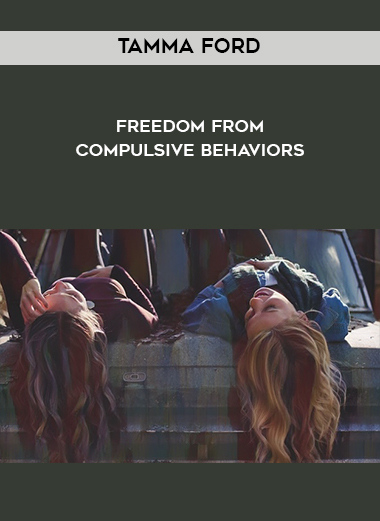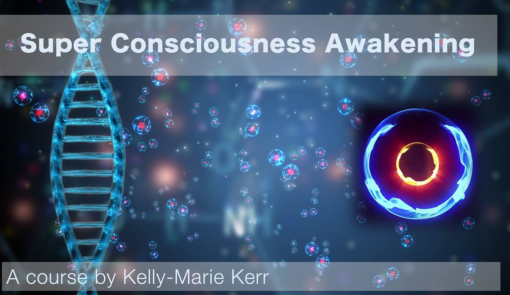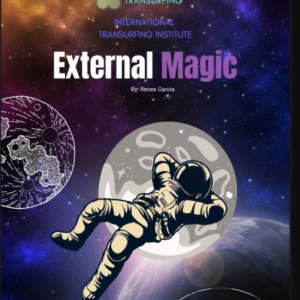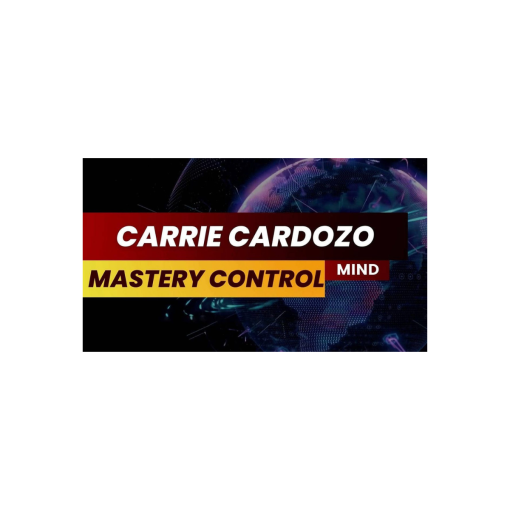Tamma Ford – Freedom from Compulsive Behaviors
TAMMA FORD – FREEDOM FROM COMPULSIVE BEHAVIORS
Controlling Anxiety
In the effort to control anxiety and emotional pain, the mind can become enslaved. Once the patterns of obsessive compulsion take hold, they do not let go without a fight, because they seem to be controlling anxiety.
Obsessive compulsive disorder is driven by anxiety, and it’s also a faulty way of trying to deal with anxieties: “If I carry out the ritual, maybe my anxiety and emotional pain will leave me alone!” Getting caught in obsessive compulsive patterns can take over the processes of living a normal life, leaving the sufferer unable to think about anything other than the ritualistic agenda.
OCD makes people feel they have no choice but to cave to the demands of their obsessive preoccupations. Obsessive compulsive thoughts and activities seem to bring comfort at first. “If I do this or that enough something terrible can be averted.”
Yet, as with any repetitive behaviour, when habituation gradually kicks in – the more you do, the more you have to do. Fifty hand washes turns into seventy, turns into a hundred… and so on.
And, while obsessions and compulsions are connected, and one often leads to the other, they are not quite the same thing. Many of us obsess occasionally. The extent to which we can relax about our obsessive imaginings, and witness the process objectively, determines the likelihood that obsessive thoughts will not morph into compulsive actions.
Common obsessive thoughts involve:
* Focus on orderliness and symmetry * Focus on dirt or contamination by germs * Imagining a mistake has been or might be made * Fear of ‘sinful’ or evil thoughts * Fear of doing or saying something inappropriate. * Getting mentally ‘stuck’ on certain ideas, numbers, words, and images that won’t go away
Common obsessive actions involve:
* Collecting or hoarding objects * Repeated hand washing or bathing * Arranging the surroundings in a specific way * Repeating particular words or phrases * Performing tasks a certain number of times * Constant counting * Continually checking things, such as that doors are locked.
Why Do People Develop OCD?
It is important to consider what needs OCD seems to meet for the person. For some people their usual state of mind is not one they enjoy. Some people report feeling disassociated from difficult feelings or ‘tranced out’ during times of obsessive ritual. When we enter a trance, we escape from our usual worries, fears and pains.
As well as feeling safe, another vital human emotional need is to feel we have some control over our lives. OCD often starts with the concept “If I do this, then that will (or won’t) happen!” Disasters can be averted and catastrophes avoided. Destiny can be controlled. But, after a time the obsessive compulsions start to control the person who has them.
We may all participate in occasional obsessive thoughts or actions, but when people are in the throes of OCD their whole life can start to centre on its tyrannical, unreasonable, whip-cracking agenda.
Healing OCD
1: Find the underlying need.
2. Stop and focus on what is happening for you emotionally.
3. Ask the OCD what it is trying to do for you right now.
4. Listen to what it’s trying to do for you (such as trying to make you feel safe or in control).
5. Think of three ways you could feel safer or more in control outside of the OCD, and write them down.
6. What arguments does your OCD use to try to convince you to exhaust yourself and waste your time?
7. What are all the persuasion techniques it uses?
8. What does it seem to promise you?
9. What lies does it tell you?
Separating your condition away from your core identity is essential. This technique is called externalization and it supports detached observation skills.
Delivery Method
– After your purchase, you’ll see a View your orders link which goes to the Downloads page. Here, you can download all the files associated with your order.
– Downloads are available once your payment is confirmed, we’ll also send you a download notification email separate from any transaction notification emails you receive from coursesblock.com.
– Since it is a digital copy, our suggestion is to download and save it to your hard drive. In case the link is broken for any reason, please contact us and we will resend the new download link.
– If you cannot find the download link, please don’t worry about that. We will update and notify you as soon as possible at 8:00 AM – 8:00 PM (UTC 8).
Thank You For Shopping With Us!








